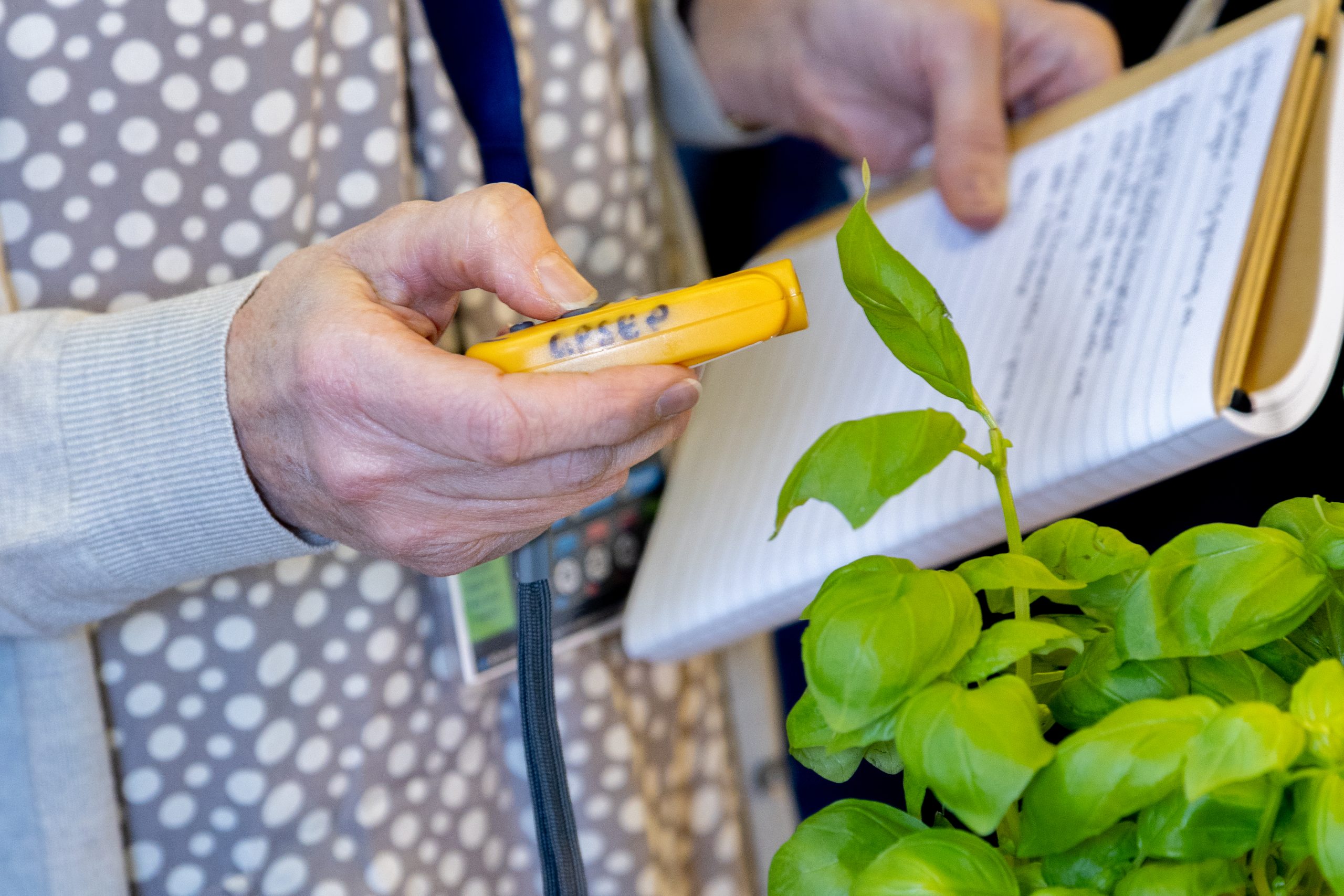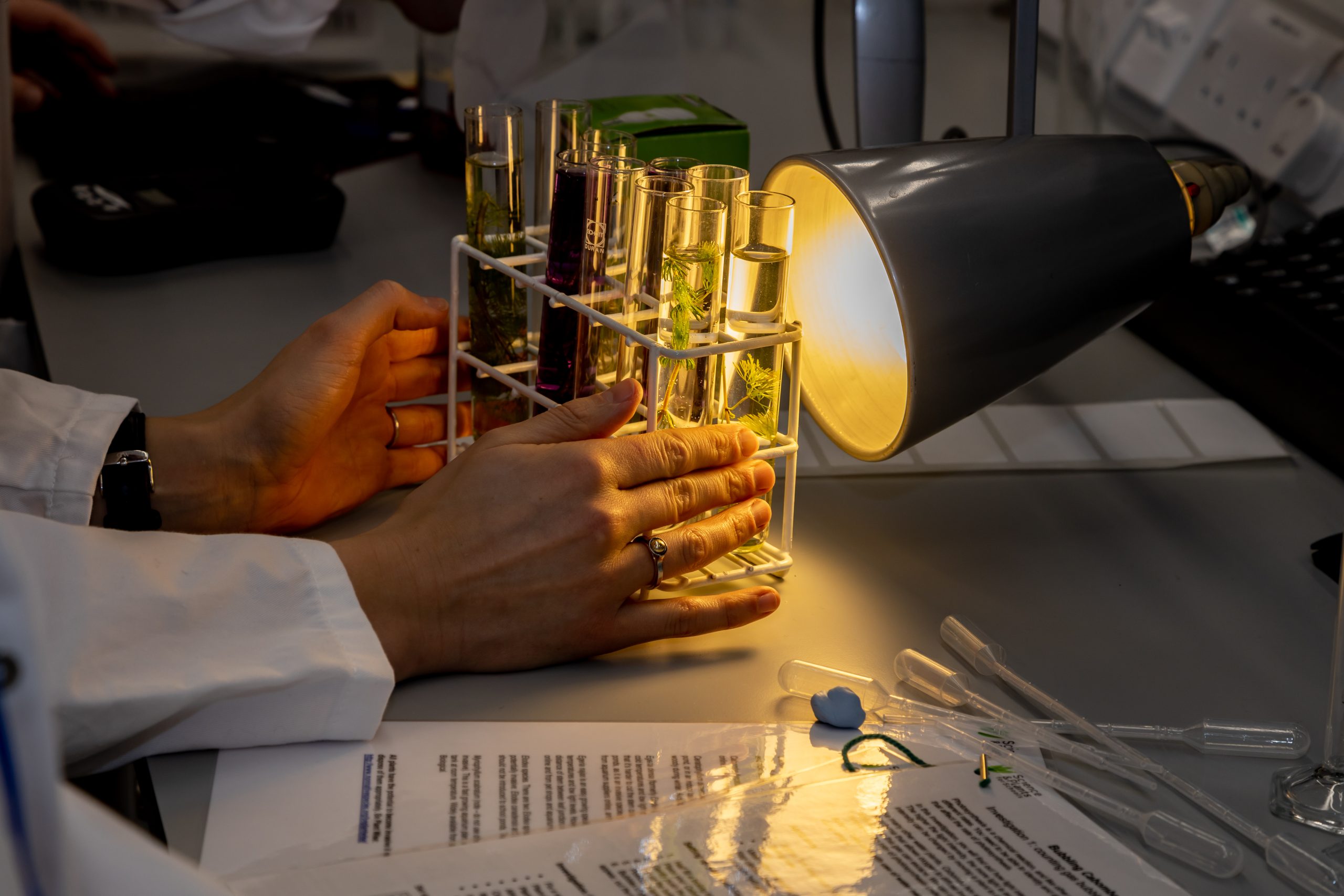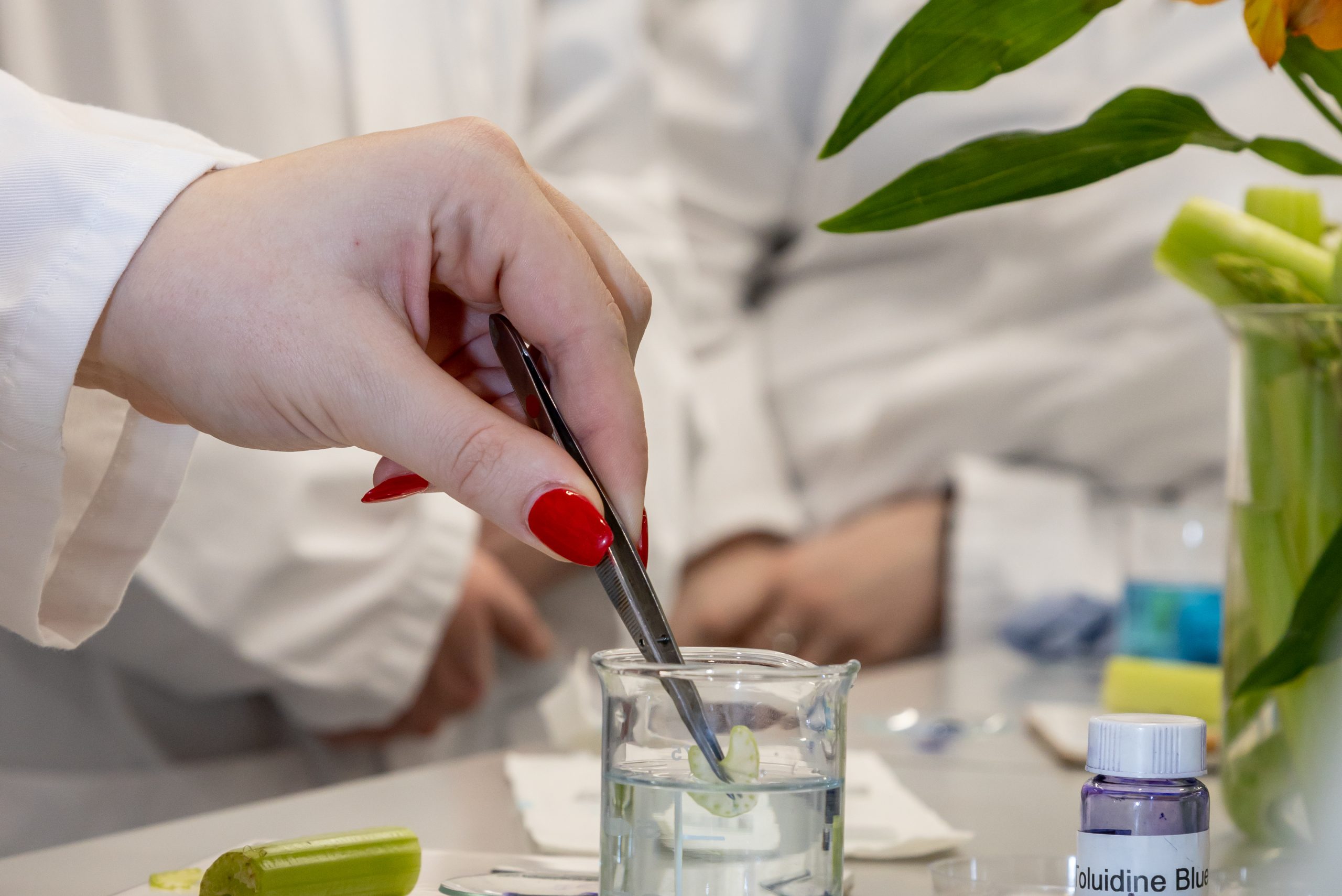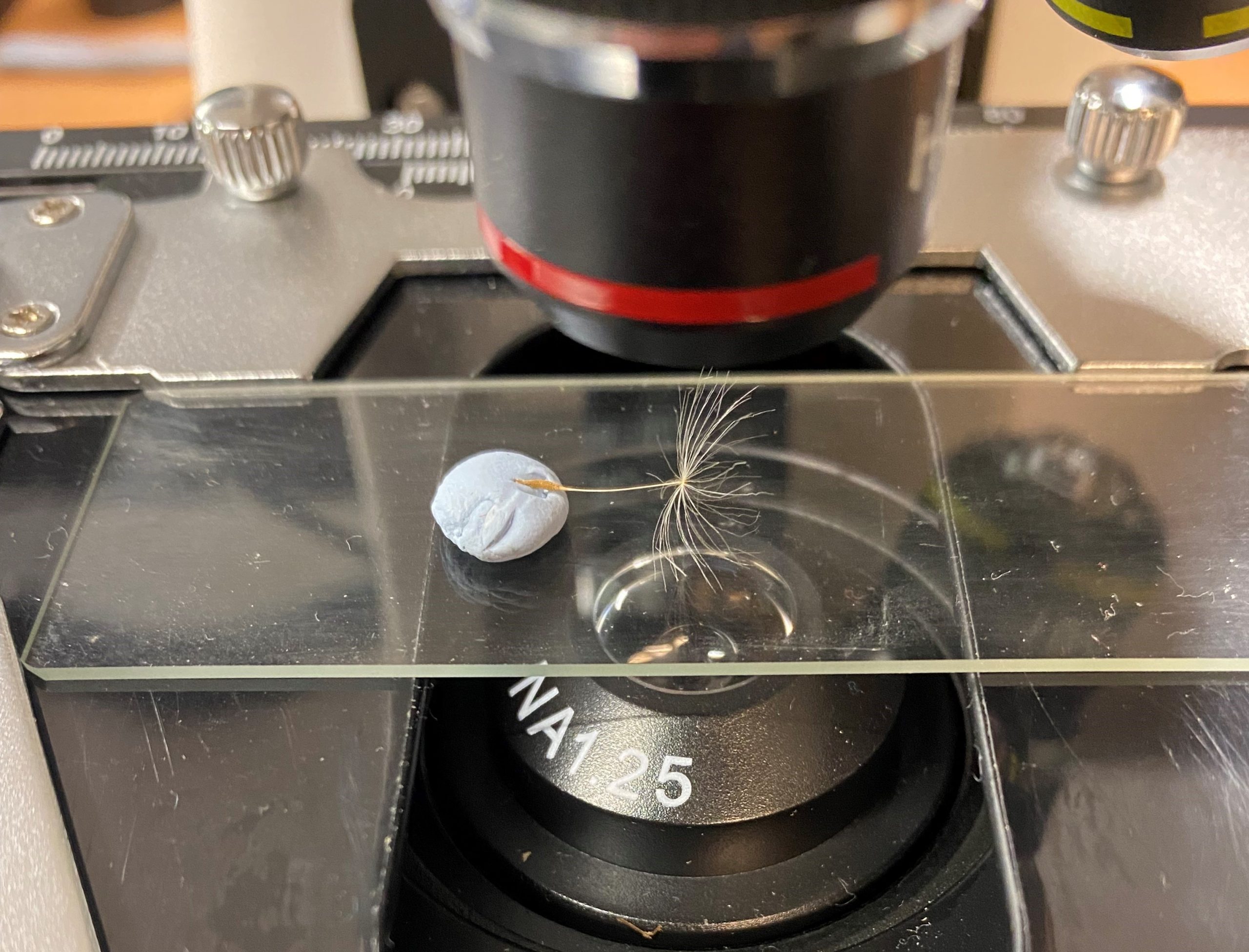
ASE Conference – 2026
We are very pleased to attend the ASE Annual Conference at the University of Nottingham from Thursday 8th January to Saturday 10th January 2026. The ASE conference is a fantastic opportunity for you to explore our resources, receive top-tip insights and find out what we have been working on.
Resources at the drop-in:
The SAPS Schedule – full listings on Sched
Biology Practicals that Work
Drop-in anytime to try our reliable practicals demonstrating core biological principles. Discover relevant, engaging and affordable practicals covering a range of key curriculum topics. Try something new or troubleshoot an old favourite, join us for ten minutes or two hours. Inspiration guaranteed! (For 11-19 teachers and technicians; ITE and trainees)
- Thursday 8th January: 11:15-12:10, 12:25-13:20, 14:45-15:40 & 16:10-17:05.
- Friday 9th January – 11:15-12:10, 12:25-13:20, 14:45-15:40 & 16:10-17:05.
- Find us in the Engineering & Science Learning Centre (ESLC): room A09 B
- This year we are sharing our drop-in space with CLEAPSS.
We will be providing the first 50 people who come along to our drop-in session each day with a free resource.
Teaching microscopy using plants; build confidence, prepare slides, measure and calibrate
This workshop is for anyone wanting to become confident in teaching microscopy to secondary students of any age. We will explore some critical concepts in microscopy, slide preparation, and calibration and measuring, and suggest interesting specimens to use for these areas which also allow for student investigations.
Thursday 8th January, 11:15-12:10 (Chemistry building, lab: B5)
BERG: Solutions-based approaches to teaching primary/secondary plant science
In this interactive session, attendees will be invited to join a community of experienced educators with plant-based interests, but the session will cater for all levels of experience and expertise. Attendees will, for example, be encouraged to discuss their own plant education practice/research/projects/organisations with others, exchanging ideas and approaches and contributing to the discussion about the future of plant education in the UK. However, participants may just wish to learn about current best practice in plant biology education with proven examples of how to start teaching the subject and inspire students.
(For 11-19 teachers; ITE and trainees)
Thursday 8th January, 12:25-13:20 (Coates Building: C27)
BERG: Research evidence review: rethinking how we teach photosynthesis
Food chains, ecosystems and life as we know it depend on the ability of solar powered producers to pluck carbon out of thin air and turn it into food. Yet research and experience suggest photosynthesis in school science is often regarded as dry, challenging and uninteresting by learners and teachers. Here we present findings of a review of 50 years of science education research evidence on teaching and learning about photosynthesis. We discuss the sources of difficulty for learners, common misconceptions, some useful teaching approaches, and propose a new research-informed model akin to Johnstone’s triangle in chemistry to help teachers and learners make better sense of photosynthesis and its importance.
At the end of the session, attendees will:
- Have a sense of the main themes in the research evidence on teaching and learning about photosynthesis
- Better understand reasons behind the high challenge of, and low engagement with, the topic
- Appreciate the need to develop joined-up thinking about photosynthesis and its importance across multiple levels of abstraction from the biochemical level to the ecological level
- Take away evidence-based ideas to inform practice
(For 11-19 teachers; ITE and trainees)
Thursday 8th January, 16:10-17:05 (Coates Building: C27)
Technicians: practical work with plants for new technicians – get the pondweed bubbling!
Get hands-on experience with common plant-based practicals for secondary and post-16 science. Designed for those new to providing biology technical support, you will:
- explore the preparation and set-up for plant practicals including bubbling pondweed, photosynthesis with algal balls and root tip mitosis
- be introduced to core GCSE and A-level practical SAPS resources
- grow your confidence sourcing, caring for and preparing live plant material
- be introduced to further SAPS resources
(For new technicians)
Friday 9th January, 13:35-14:30 (Chemistry Building, lab: C10 A)
You can find the full listings for our sessions on Sched and you can catch us at the exhibition stand throughout the conference.
Here are some delegates from previous ASE Annual Conferences getting hands-on with SAPS practicals.




Receive the latest resources and updates
Get half-termly email newsletters with new resources, CPD opportunities, plant science news and inspiration.
Sign up now

